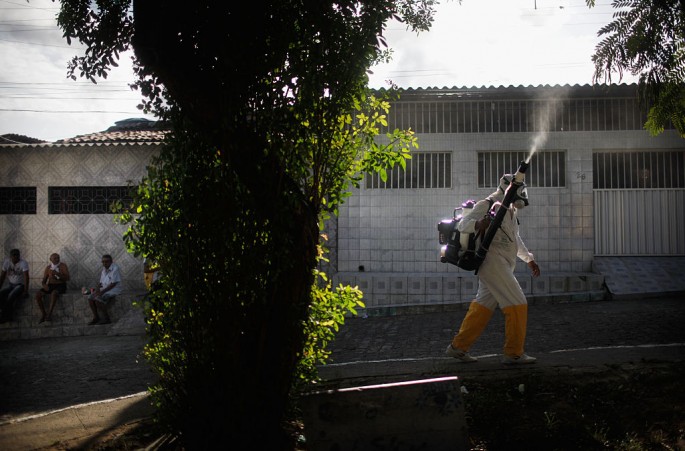Following the World Health Organization’s announcement of mosquito-born Zika virus as an international public health emergency, Chinese government officials are bent on preventing a possible outbreak in the country, according to a report by China Daily.
The Zika virus has already infected thousands of people in the Americas, and with over a thousand recorded birth defects in Brazil.
Despite the widespread outbreak of the virus, no travel or trade restrictions have been imposed by governments worldwide.
In a statement released by the WHO China on Tuesday, Feb. 2, the organization described the Zika virus as "an extraordinary event." Public health risks in various parts of the world are a given through the international spread of the disease.
With the alarming rate of infection, a coordinated international response might be required, WHO China added.
China, in particular, is under threat from the Zika virus. The southern region is known to be one of the many grounds of the Aedes aegypti mosquito, the carrier of the Zika virus. Aside from the existence of the mosquito in the country, improved trade relations and close exchanges between China and South America can also put the former at risk from imported outbreaks.
"The health authorities are drafting clinical guidelines for Zika detection and treatment," said Lu Hongzhou, head of the Shanghai Public Health Clinical Center.
Officials from the WHO China office reiterate, however, that the risk of Zika transmission is low during winter, when climatic conditions pose a threat to the mosquito species.
Still, agencies involved in travel, trade, inspection and quarantine remain on high alert for any possible outbreaks.
The General Administration of Quality Supervision, Inspection, and Quarantine has already issued a notice, requiring travelers from Zika-hit areas to report any suspected symptoms, which include fever, conjunctivitis, rashes and joint pains. Most symptoms, which usually occur after two to seven days, are not evident but easily treatable.
Cargos are also subjected to quarantine checks.
"The WHO is working closely with the Chinese health authorities to discuss the implications of this public health emergency of international concern," said Bernhard Schwartlander, a WHO representative in China.



























